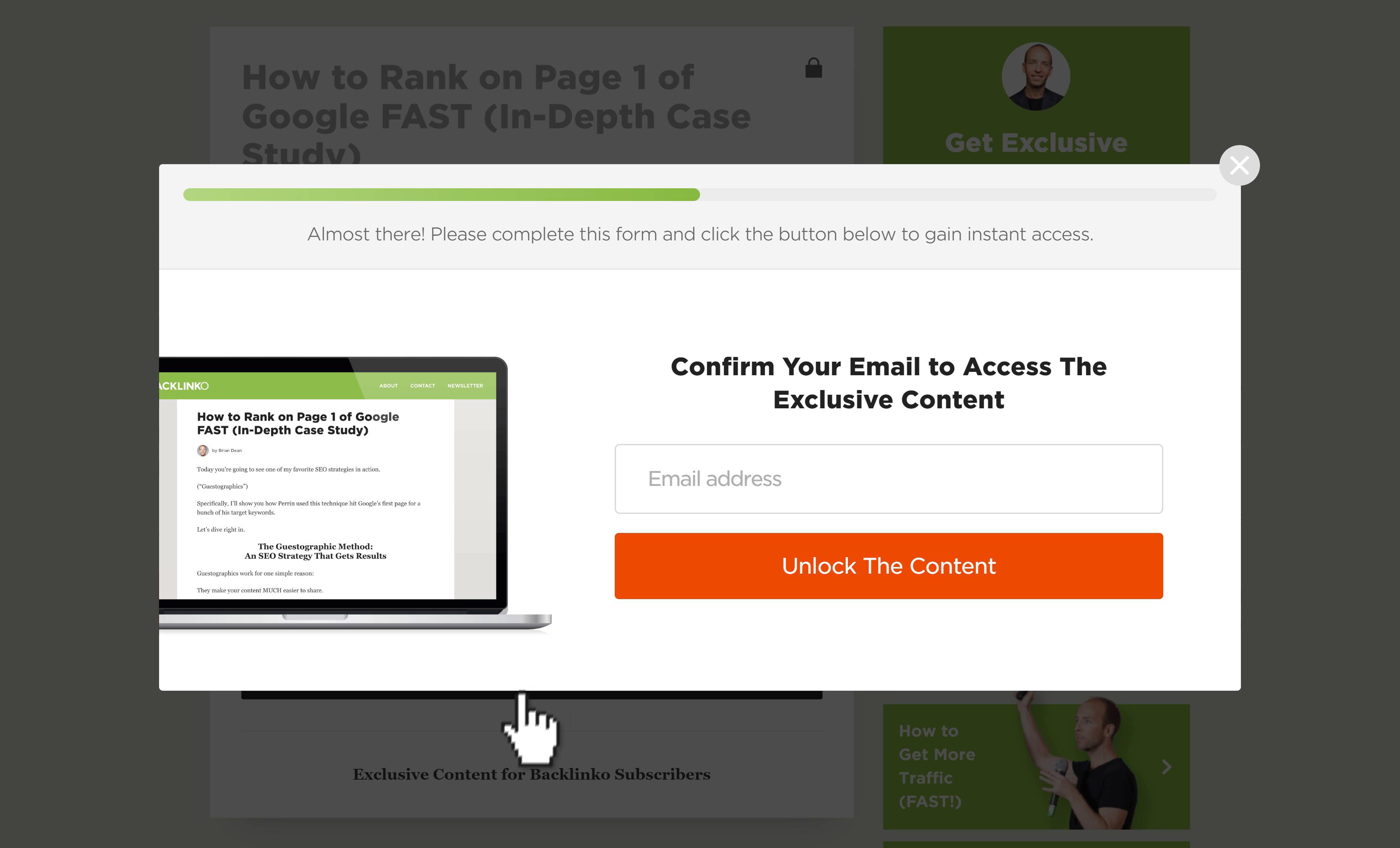19 Actionable Content Marketing Tips For More Traffic
Written by Brian Dean

This is a list of actionable content marketing tips.
In fact, these same strategies helped grow Backlinko to 571K monthly visits:

So if you want more traffic from every piece of content that you publish, you’ll love this list of tips, techniques and strategies.
Let’s get started.
1. Publish “X vs. Y” Posts
“X vs. Y” posts are posts like:
- “Convertkit vs. MailChimp”
- “Paleo vs. Keto”
- “UberEats vs. Postmates”
And “X vs. Y” posts are a GREAT way to get more traffic to your site.
Why?
First, X vs. Y keywords don’t have a lot of SEO competition.
For example, I published a post optimized around the keyword “Ahrefs vs. Semrush.”

Sure enough, that page rocked to the top of Google within a few weeks.

Second, people that search for “X vs. Y” keywords tend to be pretty advanced.
Think about it this way:
Somebody searching for “Ahrefs vs. Semrush” already knows about SEO. They’re just looking for the best tool.
This is why CPCs on “X vs. Y” keywords tend to be super high.

2. Tweak Important Content for AI Answers
You can do everything “right” for SEO and still miss out on AI visibility.
Why?
Because AI answers are often assembled from multiple sources using techniques like query fan-out (multiple related searches across subtopics).
So for your most important pages, make the “extractable” parts ridiculously clear:
- Add a direct answer near the top (2–3 sentences). If the page targets a question, answer it fast.
- Tighten your subheadings. Turn H2s into mini-questions your reader would ask next (and that fan-out searches might trigger).
- Put key info in plain text. Don’t hide core takeaways in images or screenshots.
- Make the page easy to find through internal links. If Google and users can’t consistently reach the page, it’s less likely to show up as a supporting source. Many respected SEOs, like Joe Hall, say this is an often overlooked part of SEO.
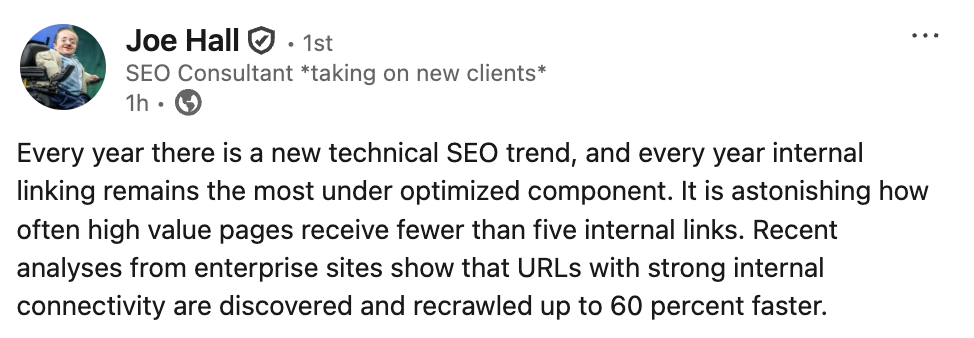
And on that note…
3. Audit Your Internal Linking
While this could be nested under technical SEO, it’s important enough to content marketing that content folks sometimes take it on themselves.
Google uses internal links to find new pages to crawl and understand what pages are important.
So you can have great content on your site, but if it’s not linked to appropriately, it can be overlooked.
Here’s a quick internal linking audit you can run in under an hour:
- List your 10–20 most important pages. These are money pages, pages that already rank on page 1–2, and your best lead magnets.
- Find orphan pages (and fix them). Orphan pages are pages with no internal links pointing to them. If a page matters, it shouldn’t be an orphan.
- Use Search Console’s Links report as a gut check. The report shows a sample of links (not everything), but it’s still useful for spotting pages that are weirdly under-linked.
Then add a few contextual links with descriptive anchor text (avoid “click here”).
4. Use The Animalz Revive Tool
I boosted my organic traffic by 260% simply by updating and relaunching an old post.

Question is:
How do you know which posts to work on first?
Enter: The (free) Animalz Revive tool.

This tool uses your Google Analytics to find pages with the biggest traffic drop.

When you find a page that’s dropping, you have two options:
You can revamp and relaunch the post like it’s brand new.
For example, we update and relaunch our “Guide to SEO This Year” every November.

Or, you can quietly update your content. In fact, few years ago we gave our guest posting guide a much-needed update.

And that single update boosted search engine traffic to that page by 17.68%.

5. Try The PBC Formula
Your blog post introductions are HUGE.
After all, they’re the first thing people see when they land on your post.
Unfortunately, most blog post intros are way too long.
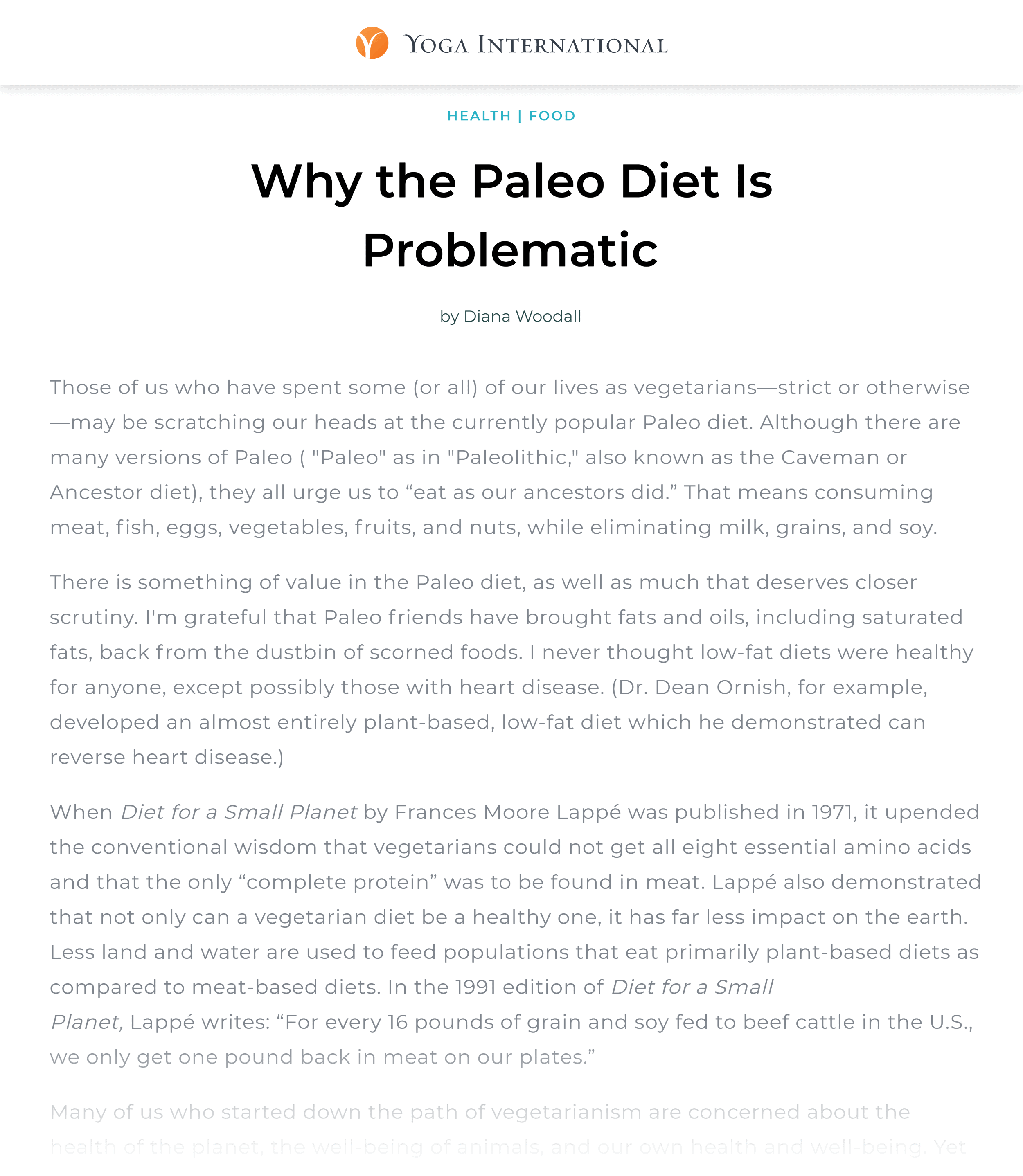
Well, I recently developed a short blog post intro formula that works GREAT.
I call it: “The PBC Formula.”
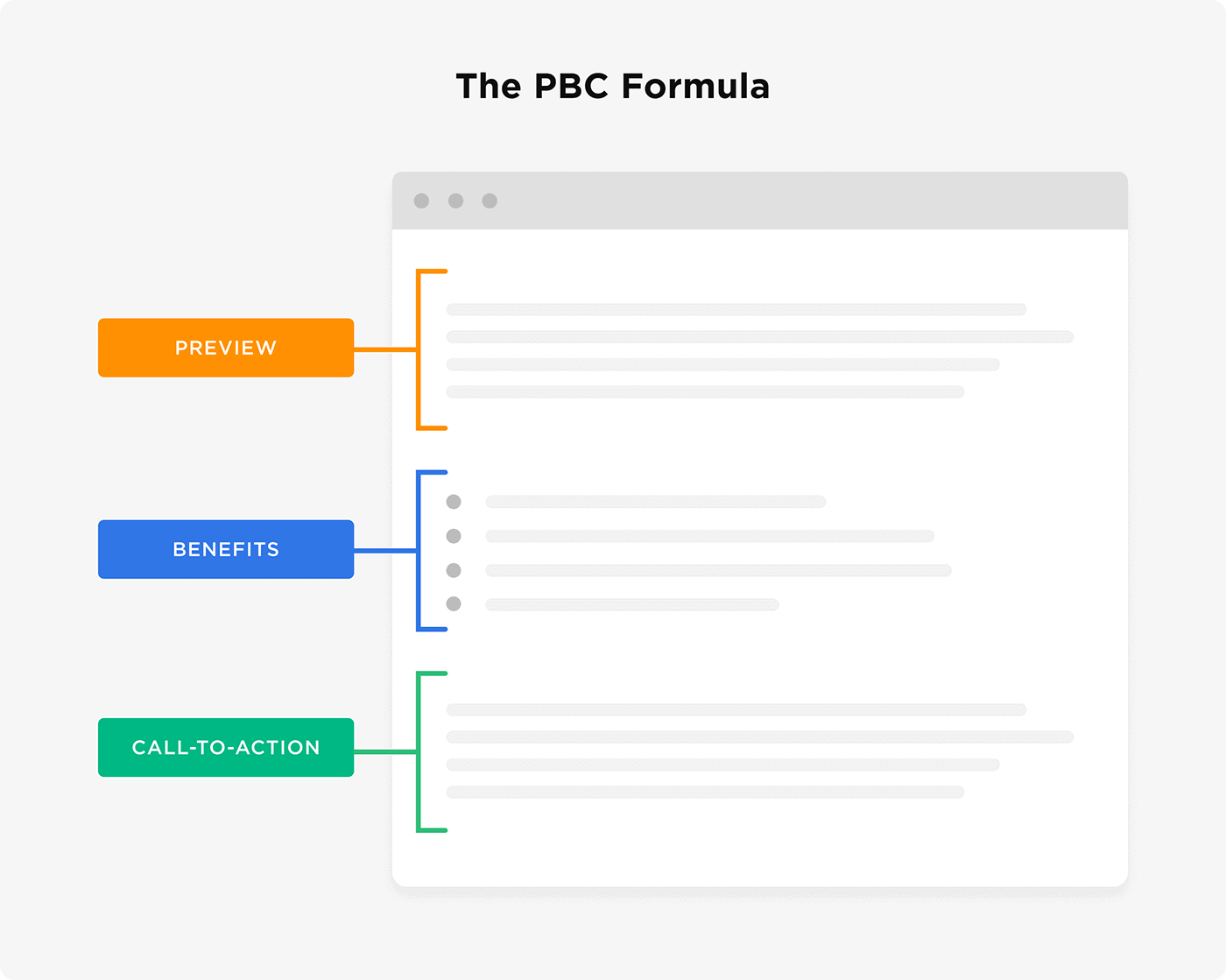
Here’s the full breakdown.
First, you quickly Preview what your post is all about.

Then, you list out a bunch of Benefits that someone will get from reading your post.

Finally, cap things off with a Call-To-Action.

That’s all there is to it.
6. Publish “Power Posts”
When we joined forces with BuzzSumo to analyze nearly 1 billion articles, one finding stood out:
A very small number of “Power Posts” drive the majority of social sharing online.
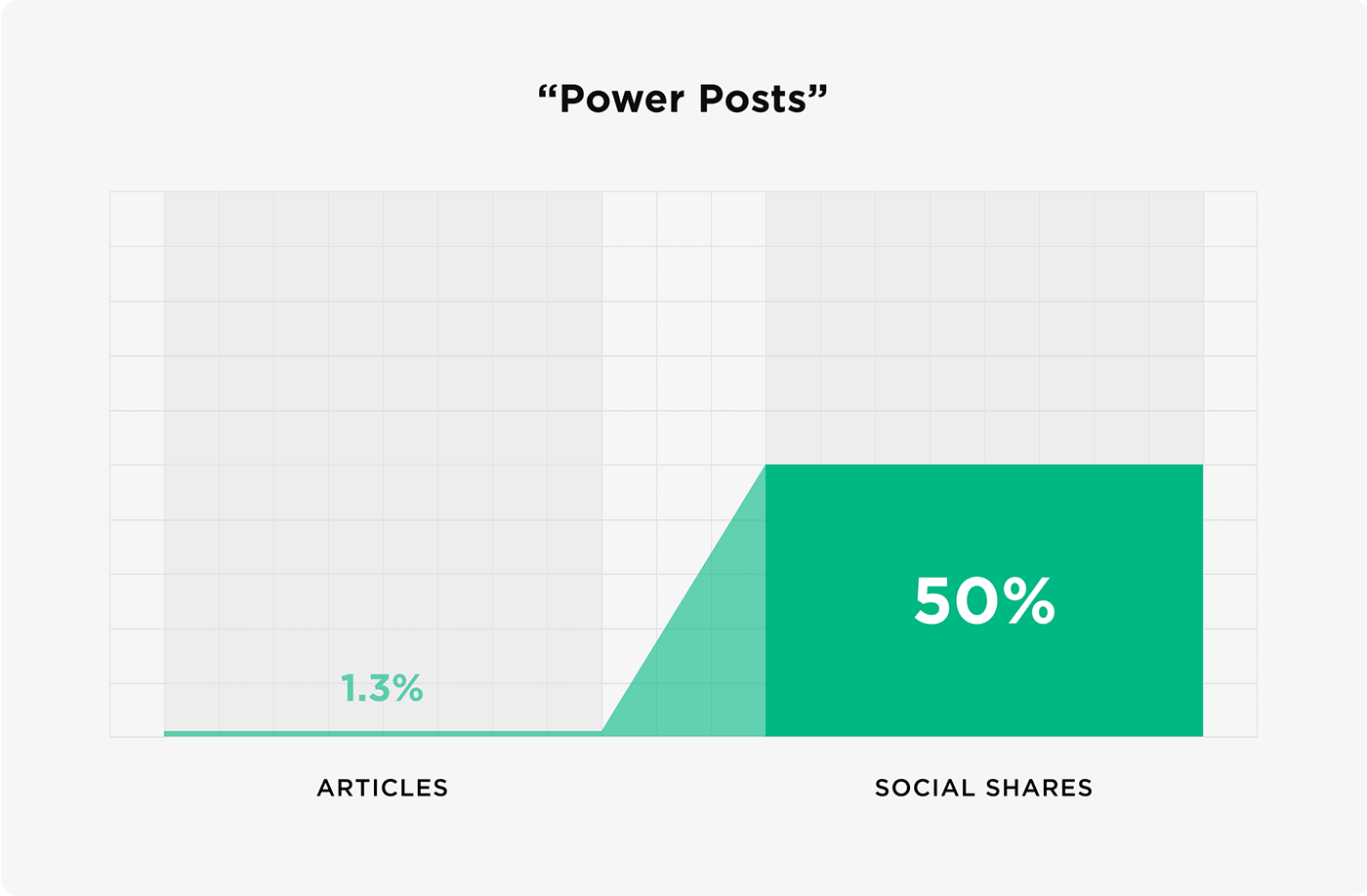
Our data showed that 1.3% of the articles published are responsible for 50% of social media shares.
I call these high-performing articles “Power Posts.”
To be clear:
There’s no formula for creating content that will get shared like crazy.
(If there was, everyone would do it. 😀 )
But when you publish epic Power Posts you increase the odds that people will share your stuff.
For example, we published a Power Post called: “How to Write a Blog Post: The Definitive Guide.”
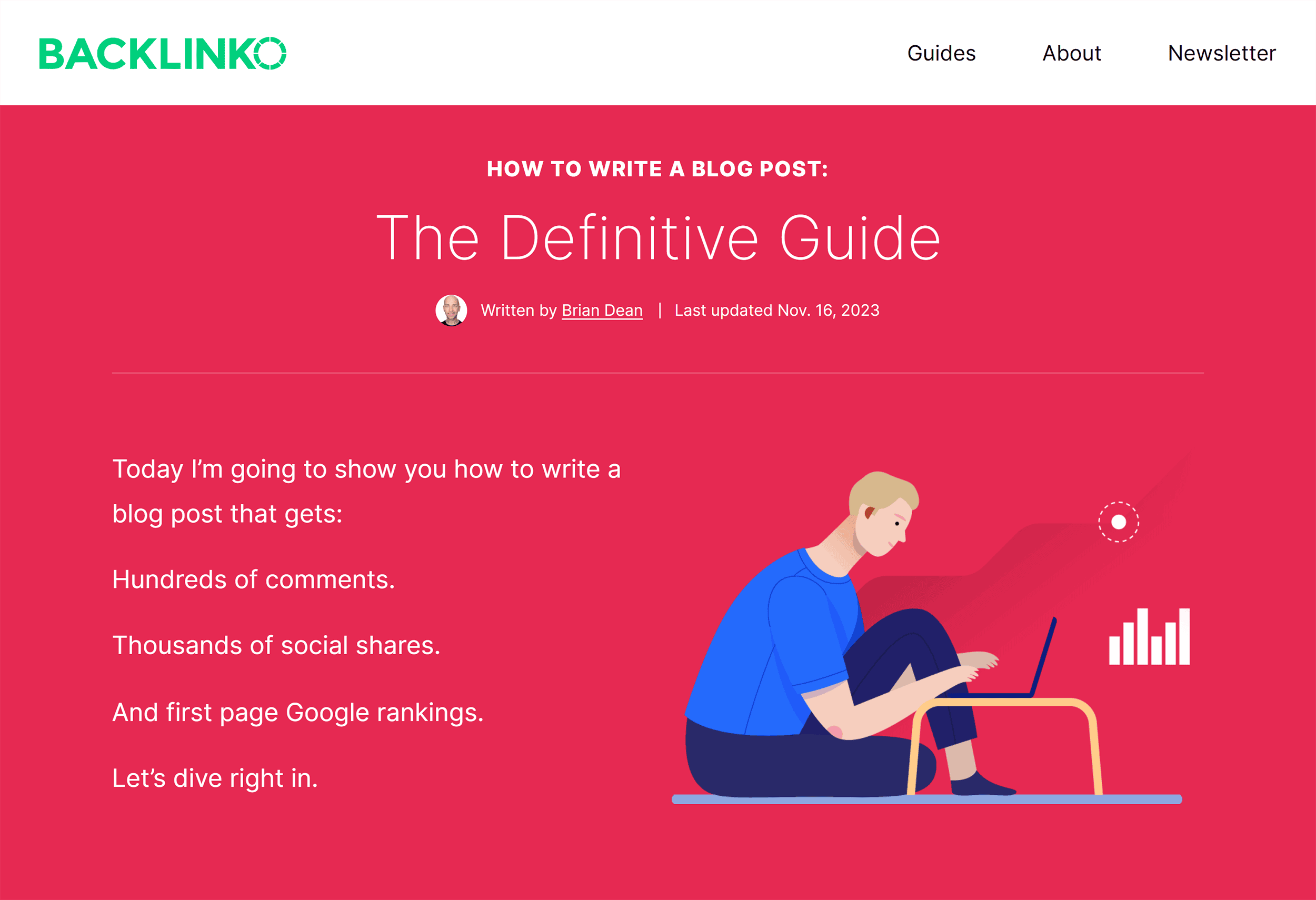
This single post took 50 hours of work.
- 20 hours to write the post
- 15 hours to design illustrations and visuals
- 10 hours to take and edit screenshots
- 5 hours to code and assemble the page
But in the end, that hard work paid off.
Our Power Post brought in 10,555 visitors in the first week alone.

And a good chunk of those visitors were from all the shares we got on Twitter, Facebook and LinkedIn.

In fact, that single page has 6039 total social shares.
7. Write About Trending Topics
Let’s face it:
Most topics are SUPER competitive.
For example, take a super niche keyword like “site seo check up.”
According to Semrush, this keyword only gets 480 searches per month.

And it has a keyword difficulty score of 73%.

It’s the same story with most topics nowadays.
By the time you write an article about something, there are already hundreds (or even thousands) of posts out there on that topic.
What’s the solution?
Write about trending topics.
Trending topics are popular topics that aren’t super competitive (yet).
And if you want to find trending topics, I recommend checking out a free tool called ExplodingTopics.com.

This tool lists out topics that are growing fast in 24 different categories.

That way, you can pounce on these topics before they really take off.
8. Include Native Content With Social Shares
“Share your content on social media” used to be a useful content marketing tip.
Not anymore.
Today, most social media algorithms (like Facebook) bury posts that send users off of their platform.
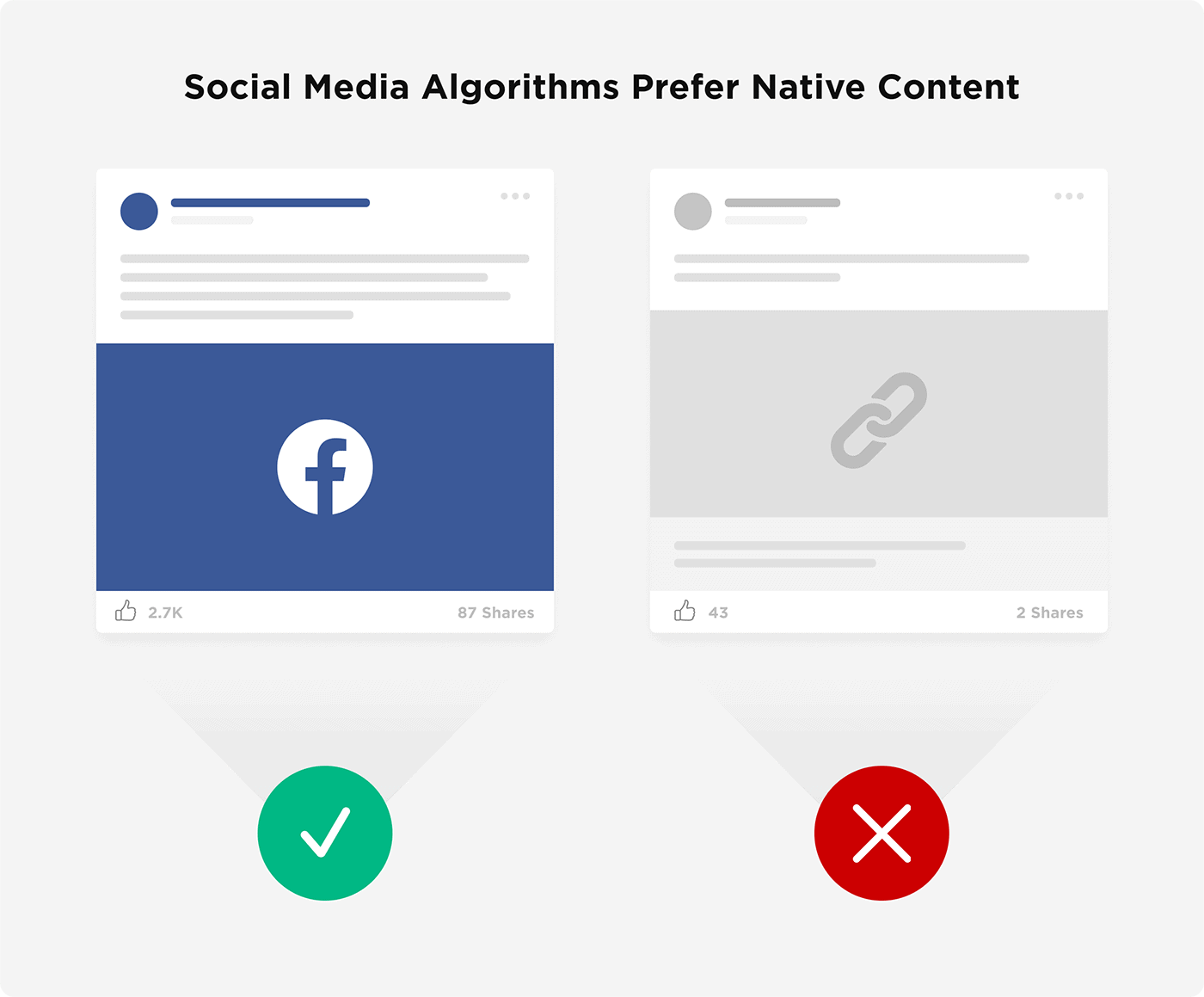
While there’s no way to totally get around this, I recently found a little loophole that does help:
Post native content with your link.
For example, my social media posts used to just be my blog post title and a link.
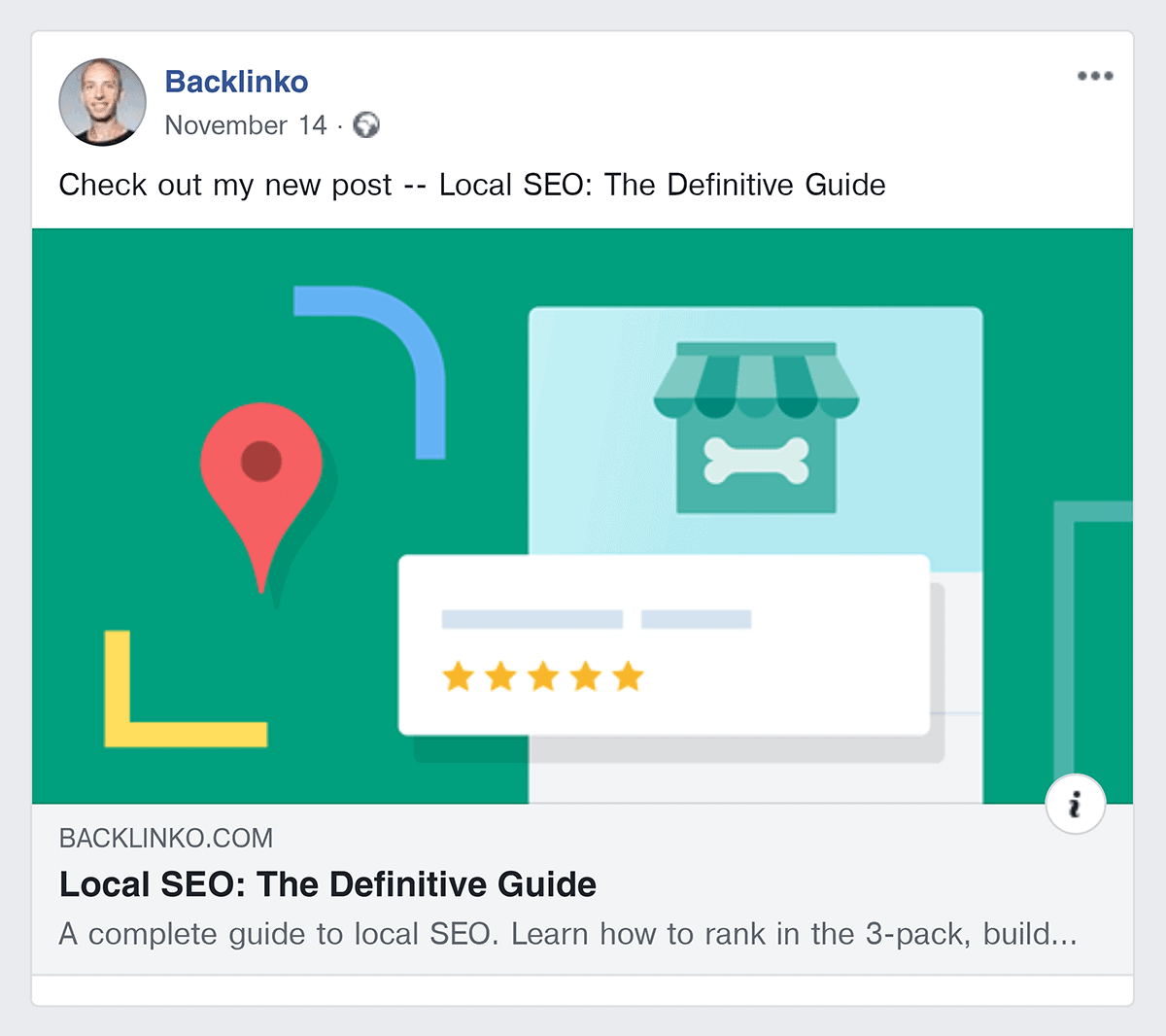
And these posts would get BURIED.
Today, I write a little bit of native content to go along with the post.
This native content gives social media algorithms what it wants (original content and engagement).
And once the post starts to spread around the platform, you get what you want (more traffic to your post).
For example, this LinkedIn post got over 56k views.

And that’s mostly due to the fact that the post wasn’t just a link to my site.
My post had a little bit of valuable content to go along with my link.
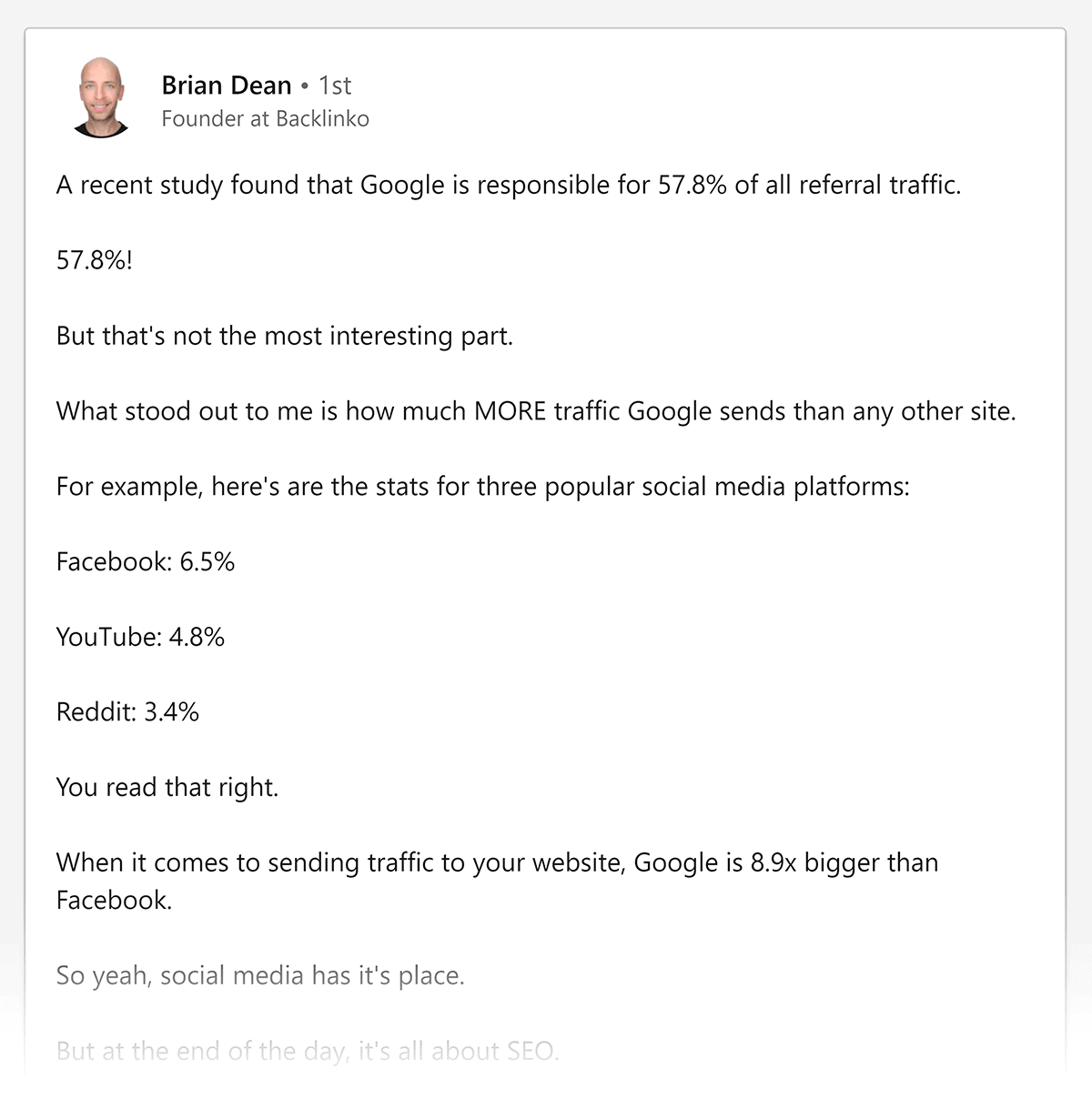
9. Use Padlock Posts
You may have noticed these greyed-out posts in the old Backlinko blog feed.
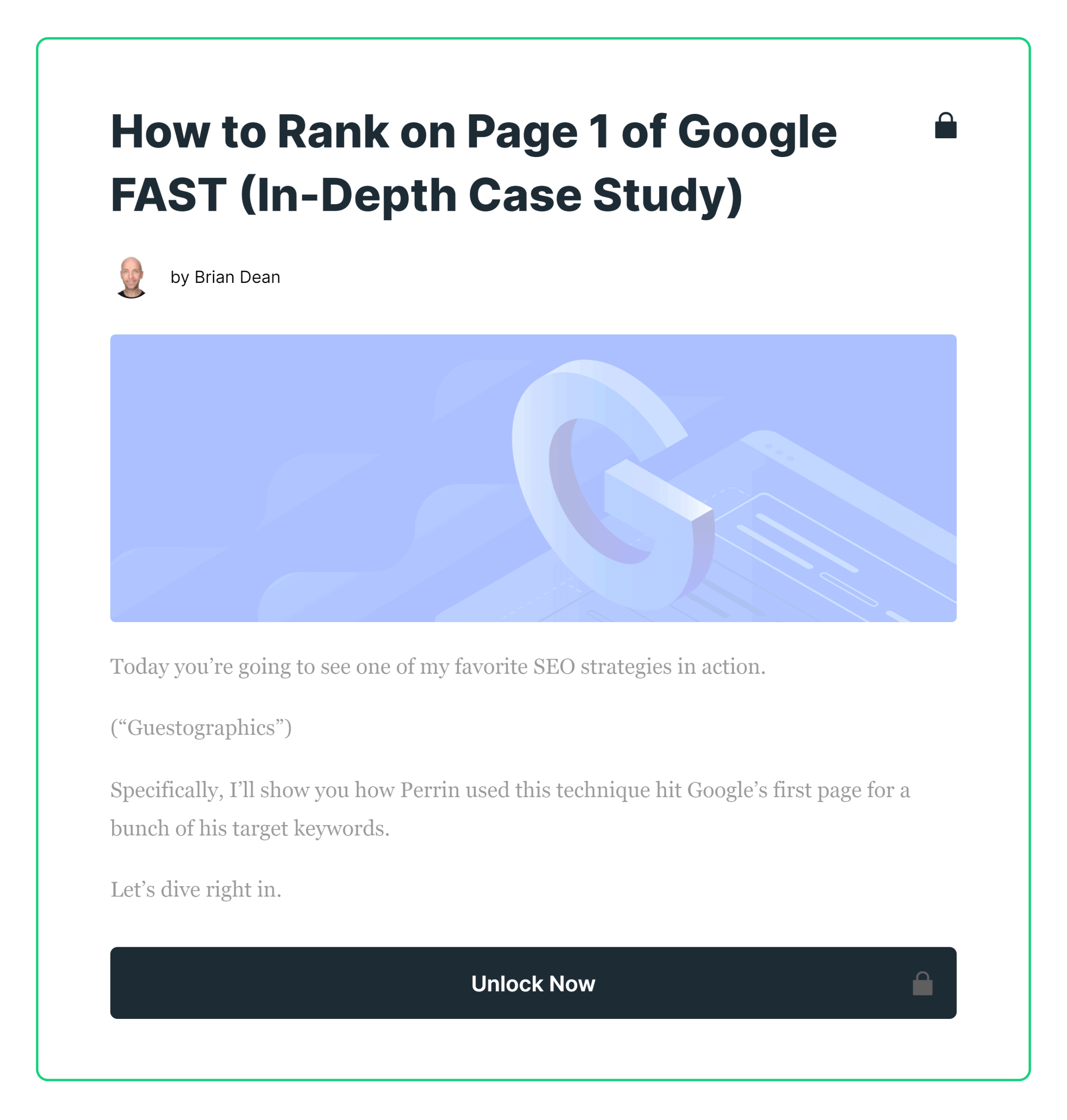
Internally, we called these “Padlock Posts.”
They were basically normal blog posts that only Backlinko email subscribers could get access to.
And when someone clicked on a Padlock Post, a little popup appeared that asked for their email.
These were working REALLY well.
In fact, this Padlock Post has brought in 7,811 email subscribers.

Not bad.
10. Include a Keyword in Your URL
Keyword-rich URLs aren’t just for on-page SEO.
(Although they definitely help with that too.)
As it turns out, including a keyword in your URL can increase your organic click-through-rate by up to 45%.
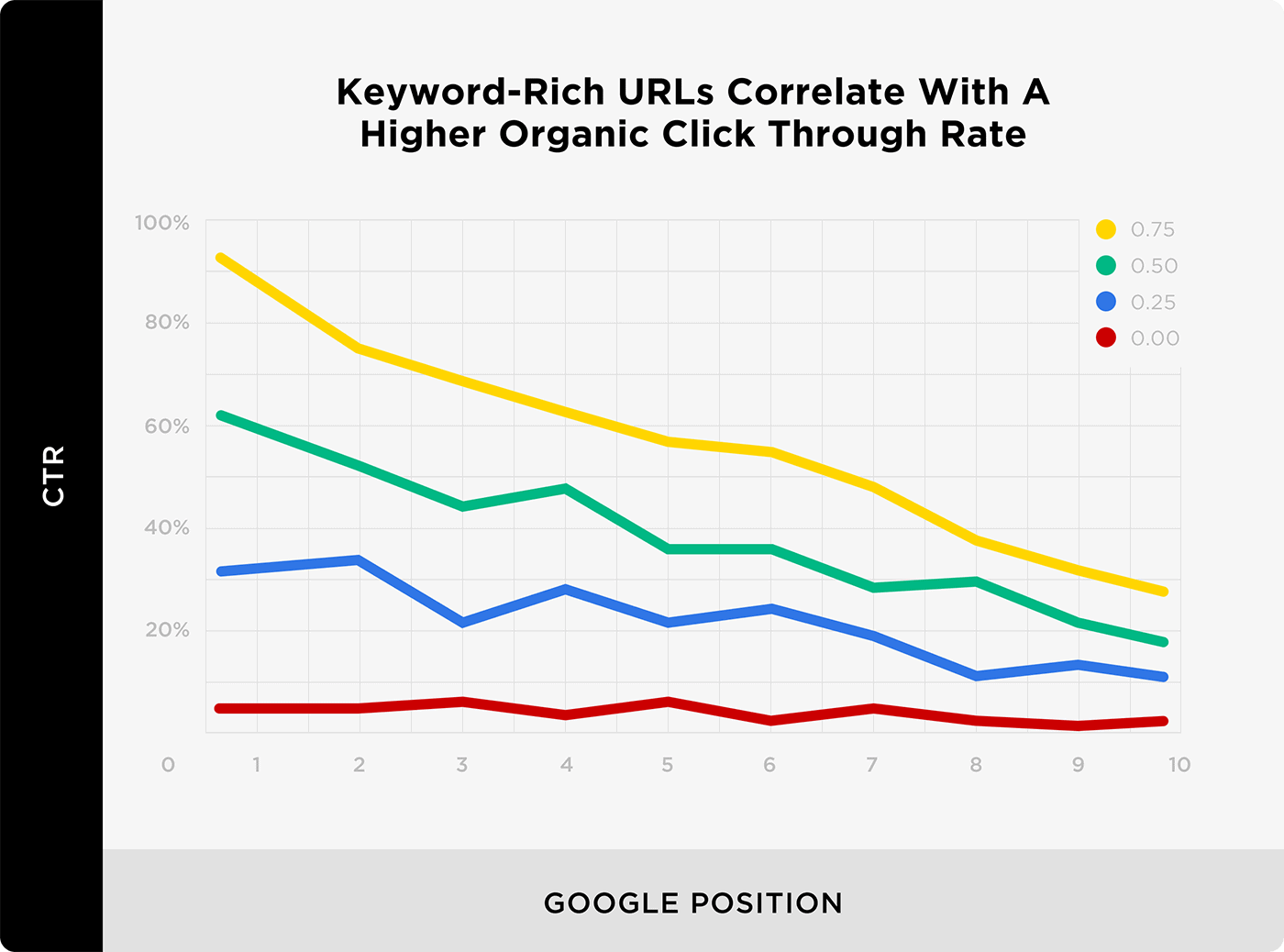
I should point something out:
Your URL doesn’t have to be a 1:1 match for the keyword someone’s searching for.
As long as the text in your URL is similar to the keyword, you’ll usually get a nice CTR boost.
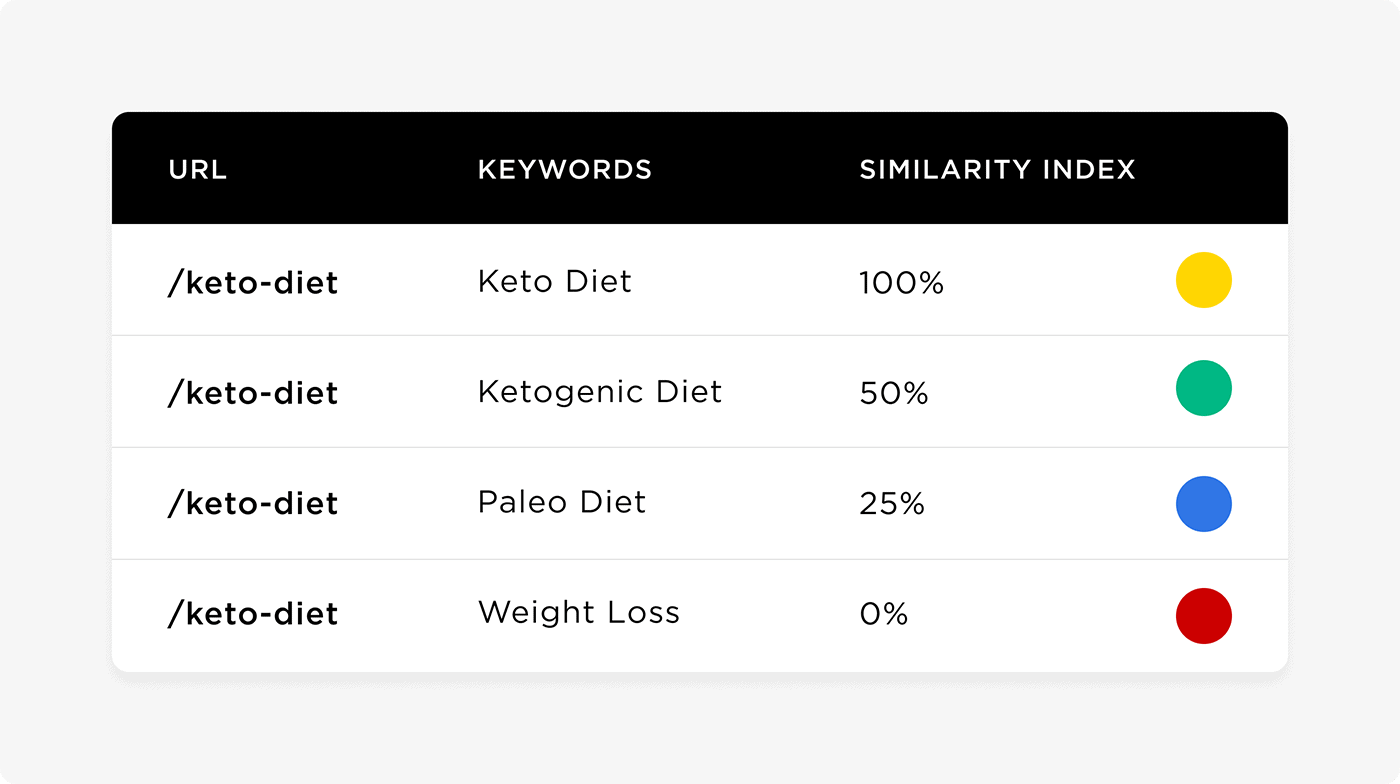
For example, a while ago I published a post called: “17 Ways to Improve SEO Rankings.”

My target keyword for that post is: “Improve SEO Rankings.”
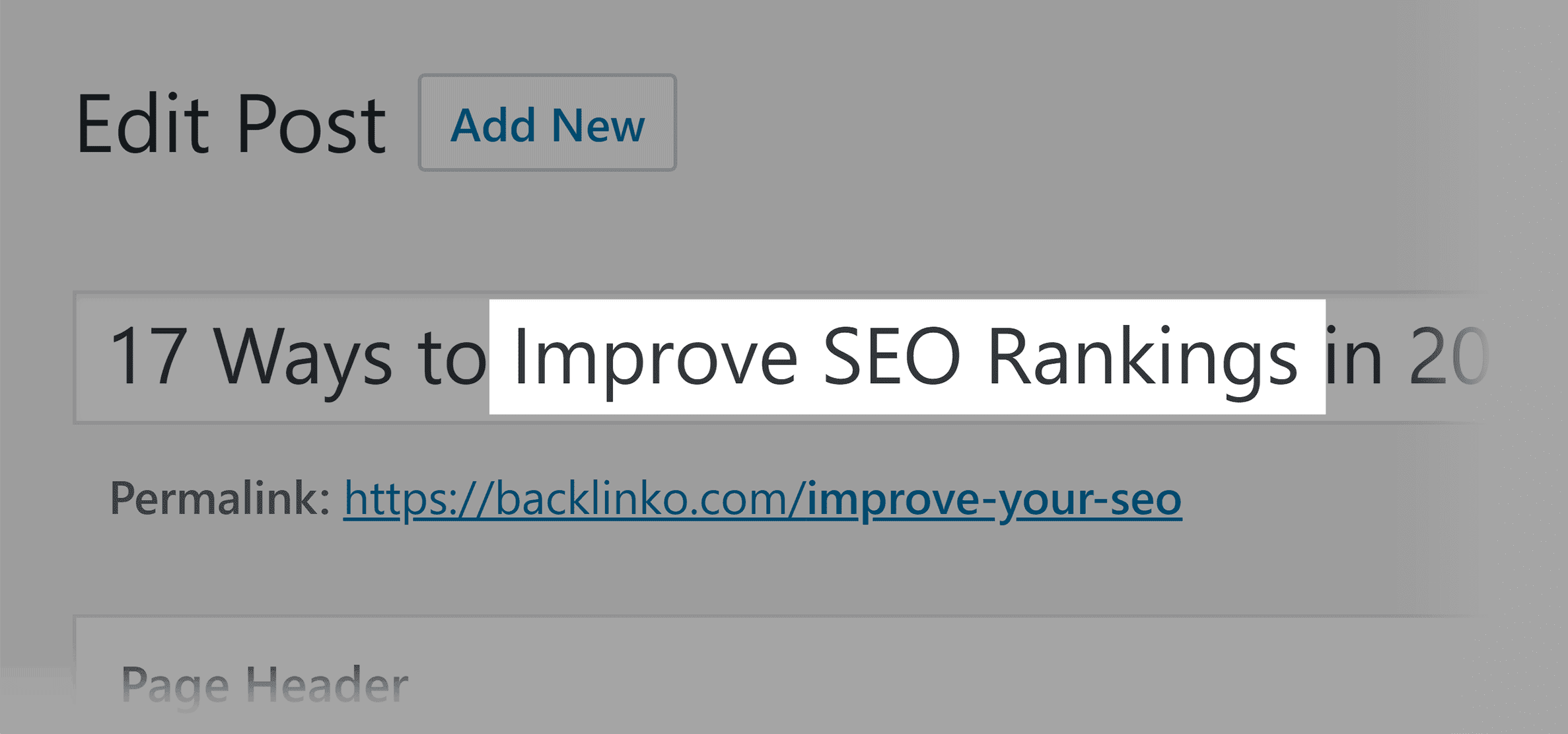
Even though my URL doesn’t contain that exact term, it’s close enough.

11. Add More Cuts to Your Video Content
People want videos that move FAST.
This is something that I struggled with when I first started shooting videos.
I wanted my videos to look “natural.” So I filmed entire YouTube videos with only one or two cuts.
And this made my videos move SUPER slow. My videos were full of “umms,” “aaahs,” and “you knows” which slowed things down.
Today, my videos have 80-100 cuts each.
That way, each video moves along at a super rapid pace.
Which helps my Audience Retention stay nice and high.

12. Write Longer Headlines
Want to get more social shares from your content?
Try writing longer headlines.
The BuzzSumo study I mentioned earlier found that longer headlines are strongly correlated with high levels of social sharing.
This was true when we measured headline length in terms of word count:

And character count:

We actually found that long headlines generate an average of 76% more shares vs. short headlines.
For example, this headline from one of our posts is 15 words.

Which may have helped that post rack up over 3,700 shares.
13. Optimize Around Untapped Keywords
Most keyword research tools have the same problem:
They show everyone the exact same set of keywords!
What if there was a way to find untapped keywords that your competitors haven’t found yet?
Well, there is.
Here’s how to do it:
First, log in to the Google Keyword Planner.
Then, click on the “Start With a Website” tab.
And enter a competitor’s homepage or a blog post.

And the tool will scan the page for keyword ideas
Ideas that most people don’t see.

Very cool.
14. Use Blog Post Templates
Templates can REALLY help you scale up your content marketing.
For example, whenever I start on a new post, I don’t open up a blank Google Doc.
Instead, I work from one of our proven blog post templates.
For example, when I sit down to write a case study, I use this PDF workbook to help me get the important parts on paper.

Then, I transfer that to a Google Doc and start writing.
In fact, working from a set of templates has helped us scale up our publishing schedule.
15. Use Emotional Titles
According to our analysis of 5 million Google search results, titles that pack an emotional punch get more clicks.
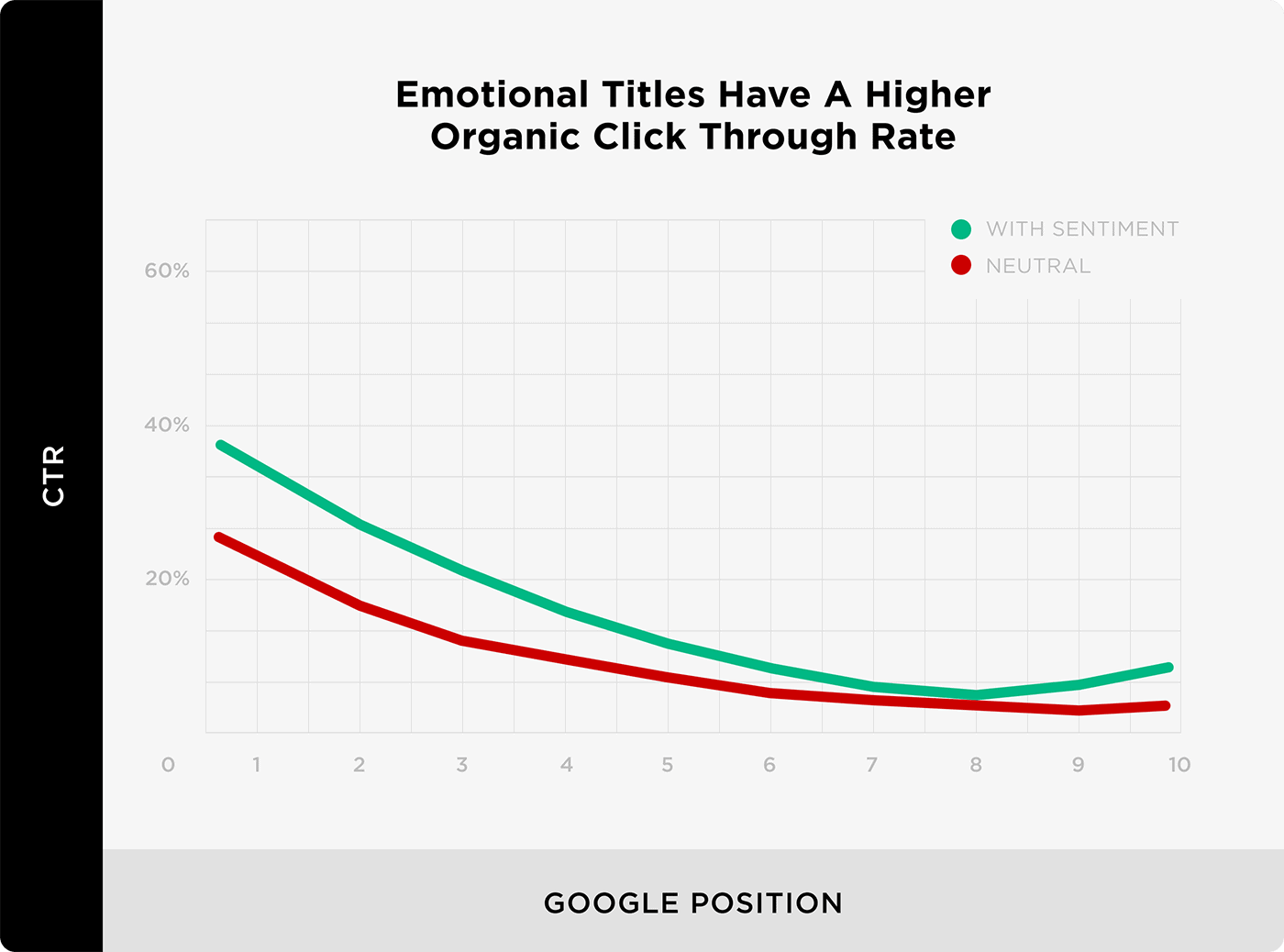
That said:
It’s possible for your titles to be TOO emotional.
That same study found that headlines with “Power Words” had a lower CTR.
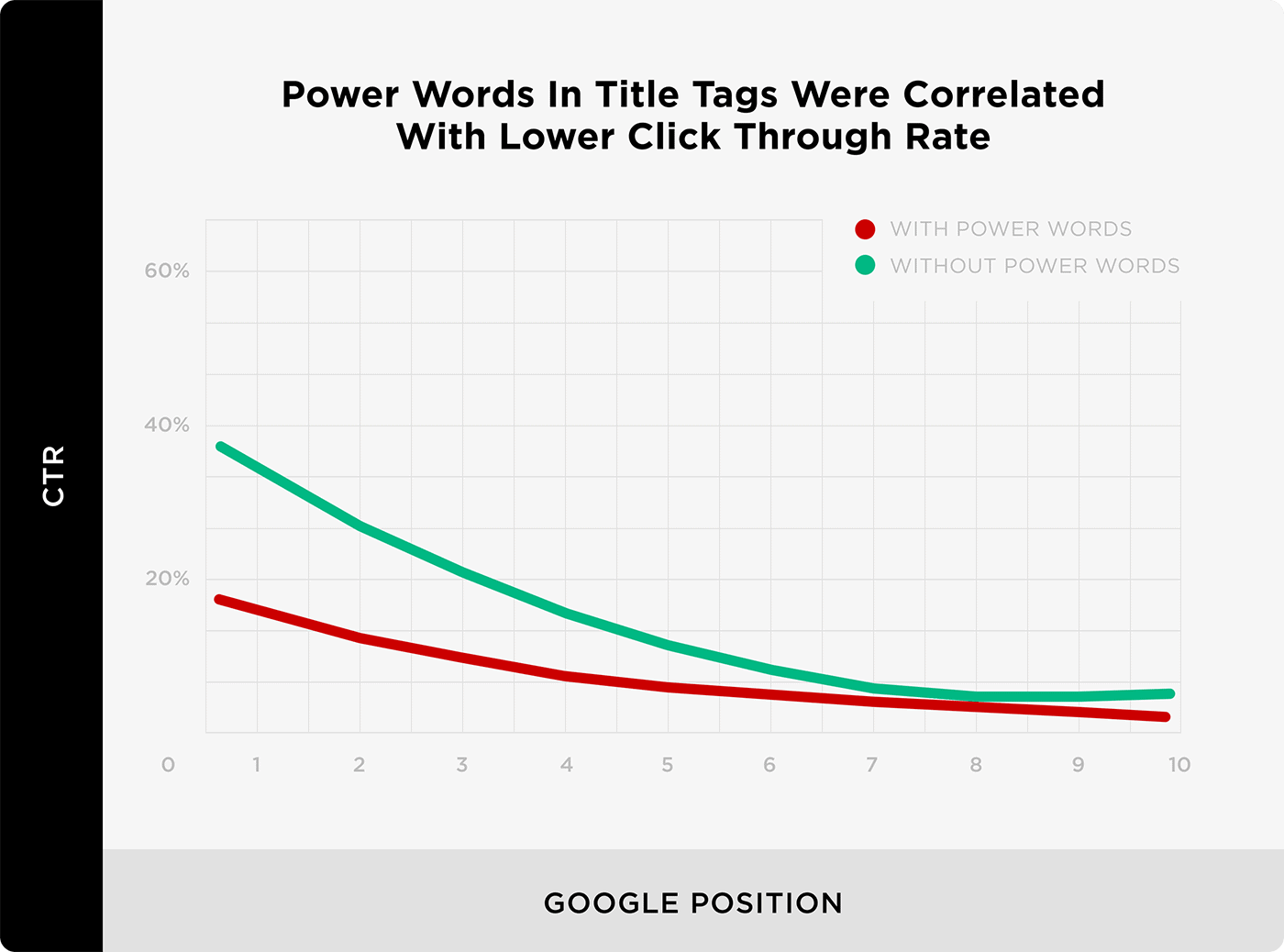
So I recommend using titles that have some emotional sentiment. But if you go overboard, your CTR can start to suffer.
For example, this title is emotional. But it’s not “clickbaity.”

16. Optimize Around Brand Keywords
“Brand Keywords” are just like they sound:
They’re keywords optimized around brands and products.
Here’s an example of one of our posts that’s optimized around a Brand Keyword.

So: why optimize your blog content around Brand Keywords?
Because they’re usually NOT competitive.
For example, take a keyword like “SparkToro.”
According to Semrush, that keyword gets 8K searches per month. And it has a decent CPC too.

Despite those impressive numbers, the keyword difficulty on this term is only 43.

The downside of Brand Keywords is that you’ll never rank #1 in Google for that term.
And depending on the SERPs for that brand keyword, you may not be able to crack the top 3.
For example, we published this guide to the Google Search Console few years ago:

And considering that the top 5 results are all Google.com pages, #6 is about as high as this page will ever rank.
Even so, that post still brings in 618 visitors per month from Google.

17. Tell Relatable Stories in YouTube Videos
One of the powerful things about YouTube is that it’s a very personal medium.
Unlike a blog post, someone is actually watching YOU deliver your message.
Which makes it the perfect place to take your guard down. And reveal some personal tidbits about yourself.
For example, I try to include a 30-60 second little story in every single one of my YouTube videos.
Most of these stories share how I initially struggled with the topic that I’m covering in that video.
That way, I don’t come in like some know-it-all.
It shows that, like anyone, I had to learn things through trial and error.
As long as these stories are short and relate to your topic, you’ll find that your audience will appreciate them.

18. Write Compelling Meta Descriptions
No, Google doesn’t use the meta description tag to understand the content on your page. And it’s true that Google often changes the meta description you provide.
But users use your description to figure out which result to click on, so it’s worth trying to get it right.
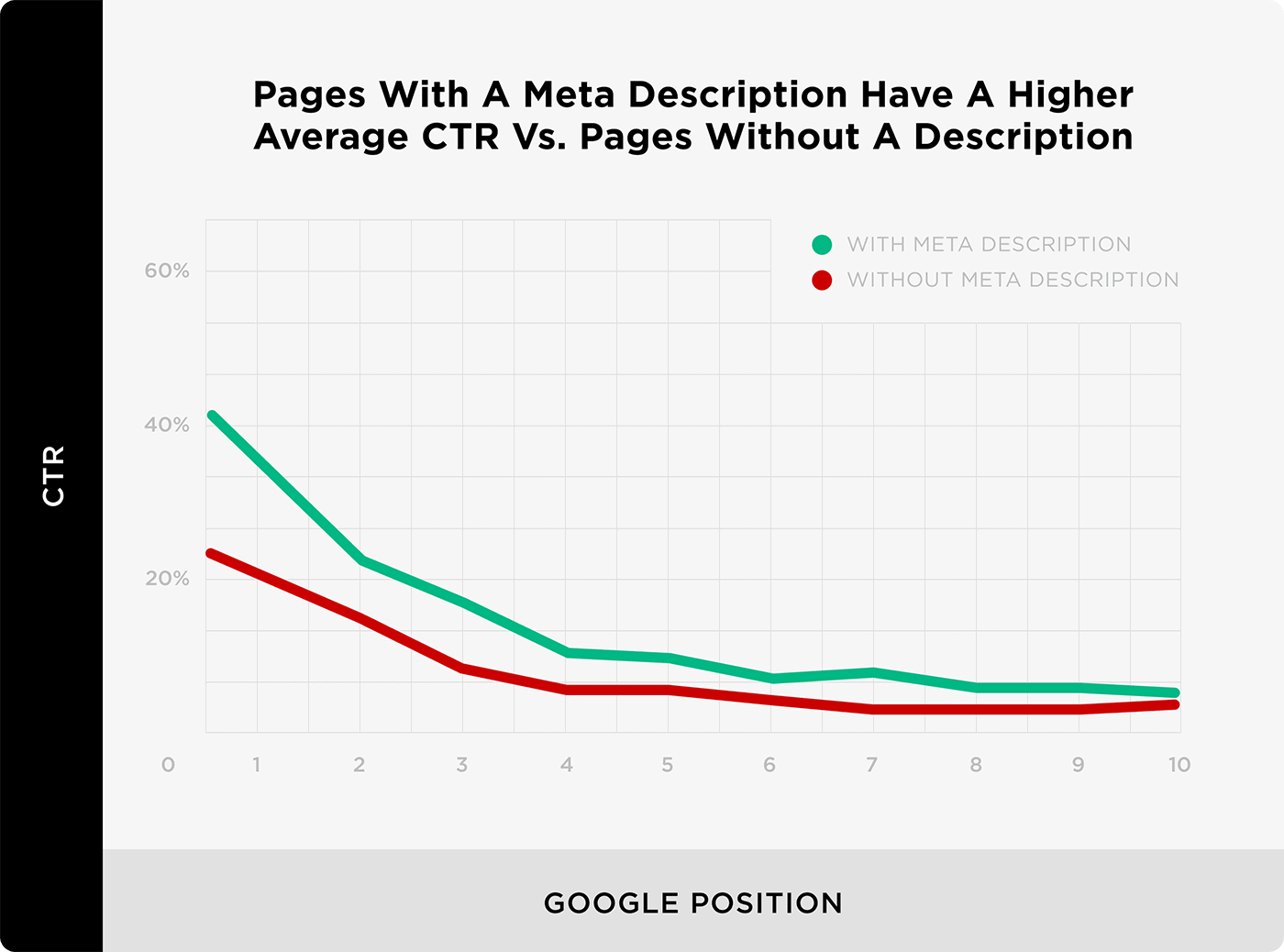
Now:
The copy in your meta tag will depend a lot on the page.
But here’s one template that tends to work well:
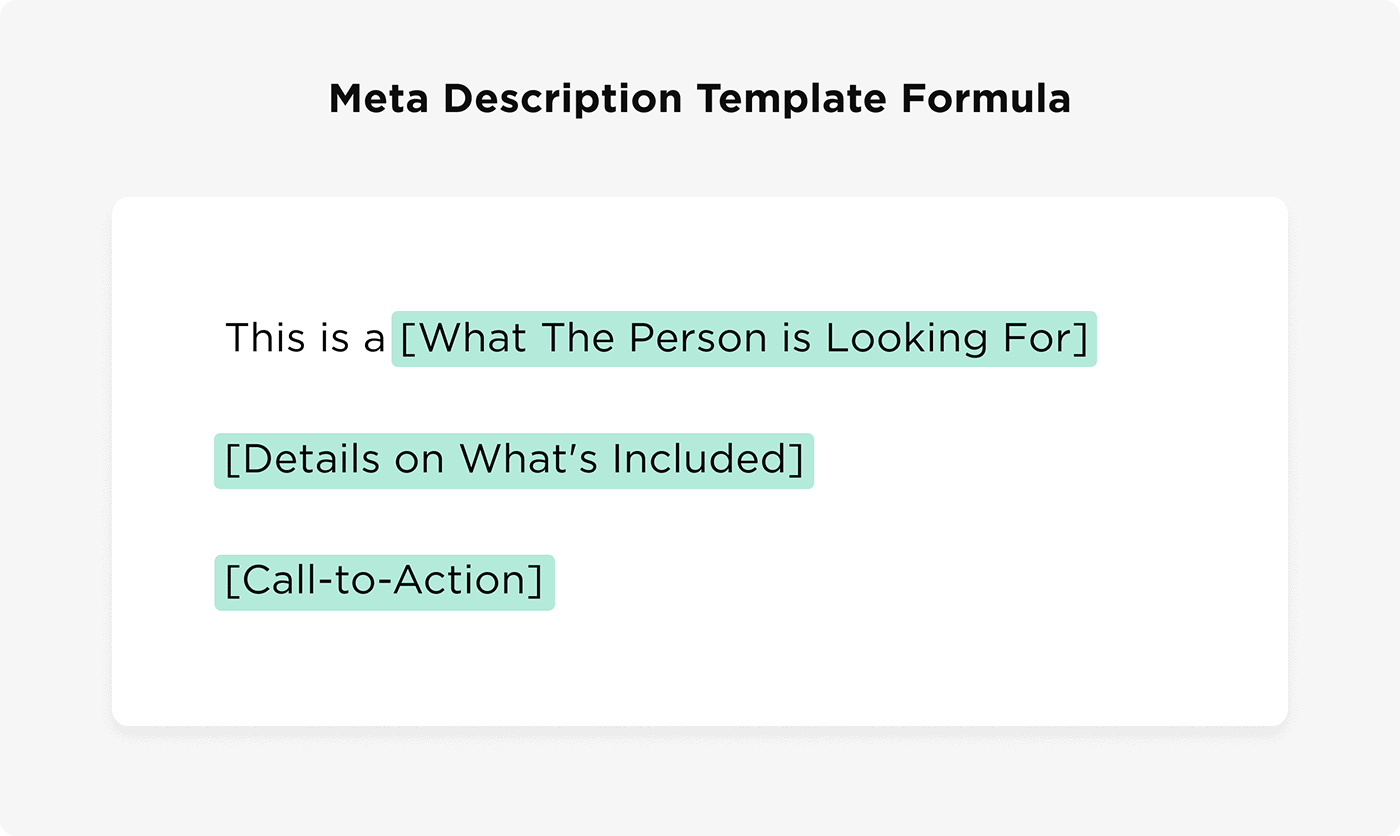
And here’s an example of that template in action.

19. Create one “linkable asset” per quarter
Most content is built to rank.
A linkable asset is built to get referenced.
And it’s worth having these links because it builds up your overall site authority (and can lift rankings across the board.)
So here’s a simple rule that keeps things doable: publish one linkable asset per quarter. That’s enough to earn links and mentions consistently without turning your whole calendar into “research projects.”
A few linkable assets that work in almost any niche:
- Stats pages (described more in Bonus #2)
- Original research (survey, benchmark, data study)
- Templates / swipe files (something people can actually use)
- Mini tools (calculator, generator, checklist builder)
For example, our Free Keyword Tool has backlinks from more than 500 referring domains.

Bonus #1: Reverse Engineer Your Competition
There’s a place for originality.
And creative thinking.
But there’s also a place for straight-up copying what your competitors are doing.
And you don’t need their Google Analytics password to do it either.
In fact, there are a bunch of awesome content marketing tools that will show you what’s already working for someone else.
If your main focus is on link building, Detailed.com shows you which of the top blogs in almost every niche gets the most mentions.

And if you want to see a specific site’s most-shared content, BuzzSumo is the tool for you.
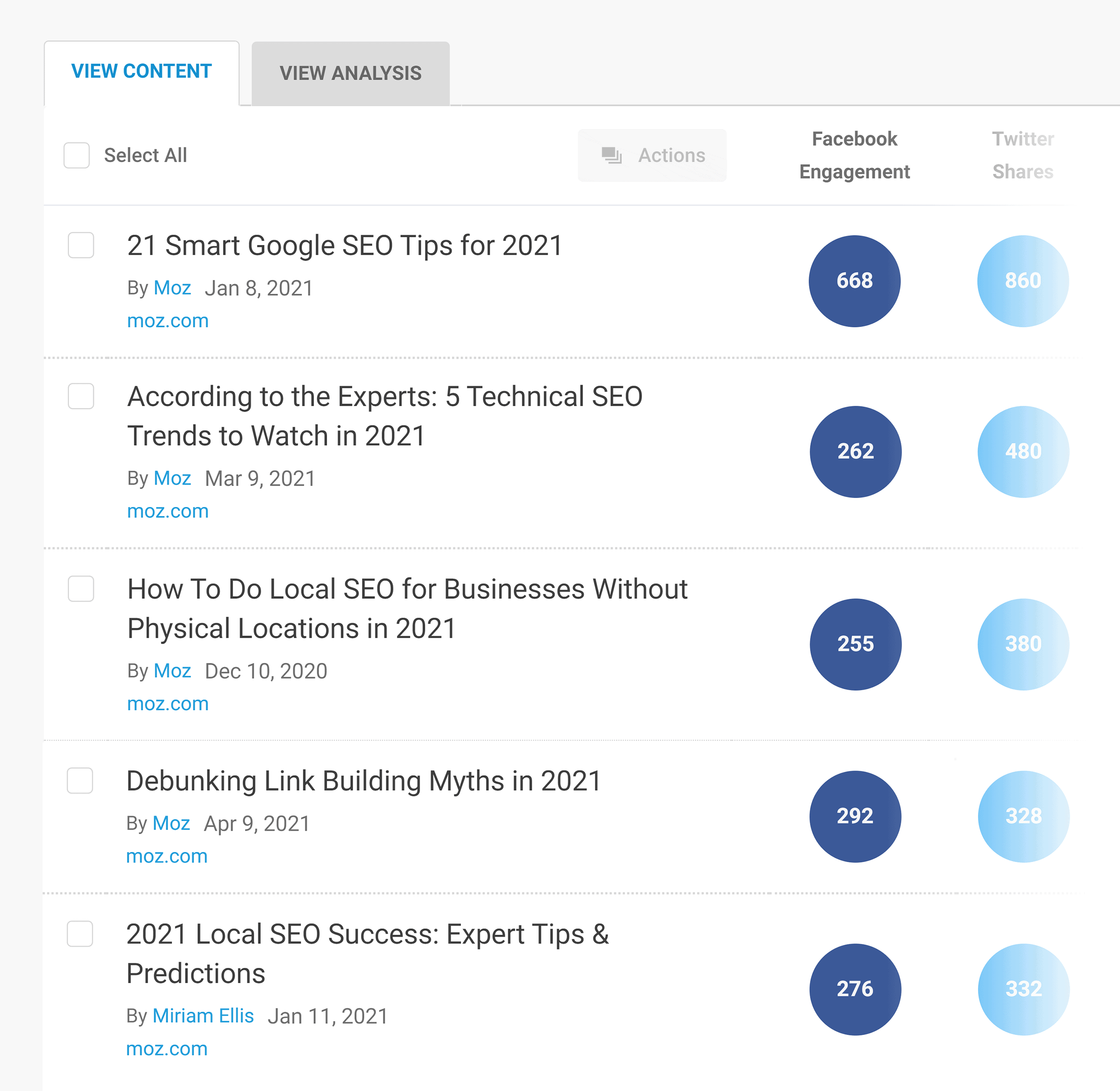
Or maybe you want to see the pages on a site that brings in the most organic traffic. Well, Semrush can hook you up with that info.

Bonus #2: Create Stats Pages
Stats Pages are a great way to build backlinks without needing to do a bunch of outreach.
Here’s why:
Stats Pages are optimized around “[Topic] + Stats” keywords.
And who tends to search for “[Topic] + Stats” keywords?
That’s right: bloggers and journalists!
And when they use one of your stats in their article, they’ll usually link back to your stats page.
For example, we published this list of email marketing stats a few months ago.

And it quickly hit the first page for keywords that bloggers and journalists search for (like “email marketing stats”).

Which helped it pick up some solid links, like this one:

Nice.
Backlinko is owned by Semrush. We’re still obsessed with bringing you world-class SEO insights, backed by hands-on experience. Unless otherwise noted, this content was written by either an employee or paid contractor of Semrush Inc.
